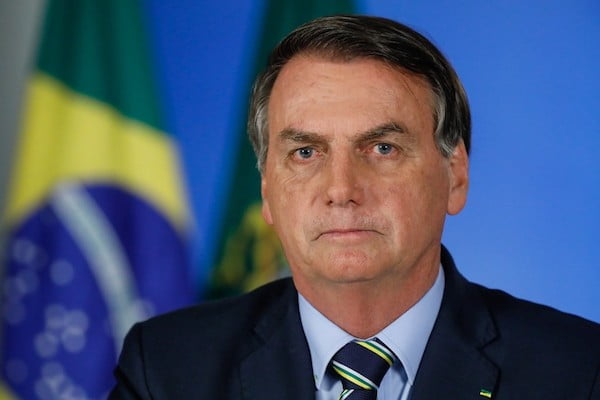Brazil’s Supreme Electoral Court has decided, by a vote of 5-2, to disqualify former president Jair Bolsonaro from running for office for a period of eight years
The court found Bolsonaro guilty of abusing his power leading up to the previous year’s presidential election. The charges against him included undermining Brazilian democracy by falsely alleging that the electronic voting system was susceptible to hacking and fraud.
Bolsonaro’s legal team is expected to appeal the verdict, arguing that his statements did not influence the election outcome. The ban is retroactive to October 2, 2022, the date of the presidential election. If the decision stands, Bolsonaro will be ineligible to participate in the next presidential election in 2026, but he will have the opportunity to run again in 2030.
Additionally, he will be prohibited from participating in the municipal elections scheduled for 2024 and 2028.
Bolsonaro reacted to the ruling by calling it a “stab in the back” and stating that he will continue working to advance right-wing politics in Brazil.
The case against the former president centered around a speech he delivered while in office in 2022. During the speech, which took place on July 18, Bolsonaro hosted foreign diplomats at his residence in Brasilia and made false claims about the vulnerability of Brazil’s electronic voting machines to hacking and large-scale fraud.
He maintained that he was merely explaining how elections work in Brazil and did not criticize or attack the electoral system. However, the speech occurred during a contentious presidential campaign in which Bolsonaro faced a strong challenge from his rival, left-winger Luiz Inácio Lula da Silva.
The closely contested election resulted in a runoff on October 30, with Lula winning by a narrow margin. Bolsonaro never publicly acknowledged his defeat and left Brazil for Florida two days before Lula’s presidential inauguration.
Following the election, his supporters, who refused to accept the outcome, staged protests at Brazil’s Congress, the presidential palace, and the Supreme Court building on January 8.


